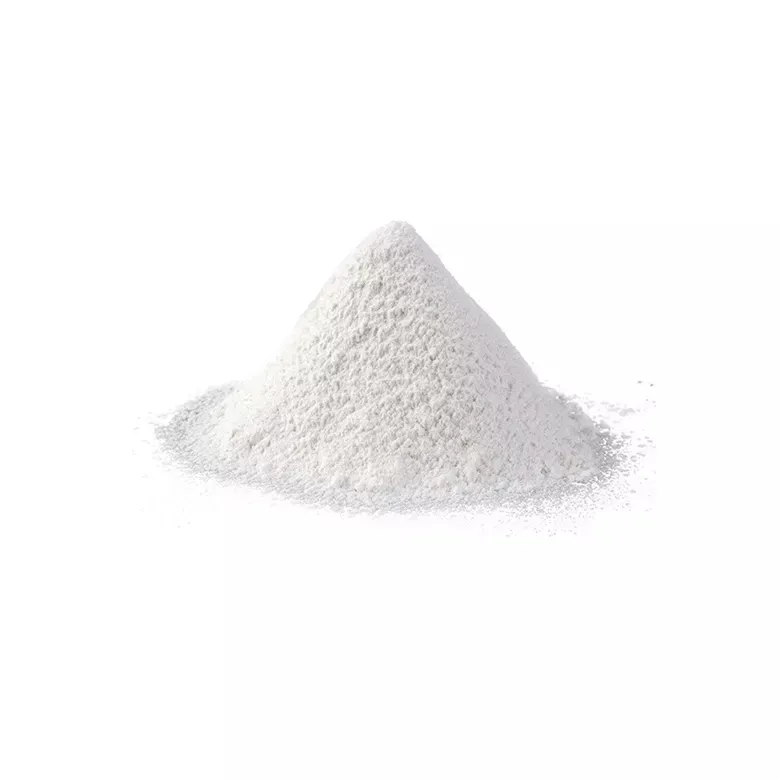Warning: Undefined array key "title" in /home/www/wwwroot/HTML/www.exportstart.com/wp-content/themes/1198/header.php on line 6
Warning: Undefined array key "file" in /home/www/wwwroot/HTML/www.exportstart.com/wp-content/themes/1198/header.php on line 7
Warning: Undefined array key "title" in /home/www/wwwroot/HTML/www.exportstart.com/wp-content/themes/1198/header.php on line 7
Warning: Undefined array key "title" in /home/www/wwwroot/HTML/www.exportstart.com/wp-content/themes/1198/header.php on line 7
- Afrikaans
- Albanian
- Amharic
- Arabic
- Armenian
- Azerbaijani
- Basque
- Belarusian
- Bengali
- Bosnian
- Bulgarian
- Catalan
- Cebuano
- China
- China (Taiwan)
- Corsican
- Croatian
- Czech
- Danish
- Dutch
- English
- Esperanto
- Estonian
- Finnish
- French
- Frisian
- Galician
- Georgian
- German
- Greek
- Gujarati
- Haitian Creole
- hausa
- hawaiian
- Hebrew
- Hindi
- Miao
- Hungarian
- Icelandic
- igbo
- Indonesian
- irish
- Italian
- Japanese
- Javanese
- Kannada
- kazakh
- Khmer
- Rwandese
- Korean
- Kurdish
- Kyrgyz
- Lao
- Latin
- Latvian
- Lithuanian
- Luxembourgish
- Macedonian
- Malgashi
- Malay
- Malayalam
- Maltese
- Maori
- Marathi
- Mongolian
- Myanmar
- Nepali
- Norwegian
- Norwegian
- Occitan
- Pashto
- Persian
- Polish
- Portuguese
- Punjabi
- Romanian
- Russian
- Samoan
- Scottish Gaelic
- Serbian
- Sesotho
- Shona
- Sindhi
- Sinhala
- Slovak
- Slovenian
- Somali
- Spanish
- Sundanese
- Swahili
- Swedish
- Tagalog
- Tajik
- Tamil
- Tatar
- Telugu
- Thai
- Turkish
- Turkmen
- Ukrainian
- Urdu
- Uighur
- Uzbek
- Vietnamese
- Welsh
- Bantu
- Yiddish
- Yoruba
- Zulu
Dec . 03, 2024 17:18 Back to list
Comparing Aspartame and Splenda Health Effects and Usage in Food Products
Understanding Aspartame and Splenda A Comparative Analysis
In the world of artificial sweeteners, aspartame and Splenda (sucralose) are two of the most widely used substances. Both are popular choices for those looking to cut sugar out of their diet, either for weight management or health reasons, but they differ in composition, taste, potential health effects, and use cases. This article will delve into these aspects to help you make informed decisions about their consumption.
Composition and Source
Aspartame is an artificial sweetener made from two amino acids, phenylalanine, and aspartic acid, along with a small amount of methanol. It is marketed under various brand names, with Equal and NutraSweet being the most recognized. Aspartame is approximately 200 times sweeter than sucrose (table sugar), allowing for smaller quantities to achieve the desired sweetness.
In contrast, Splenda is derived from sugar itself but undergoes a process that alters its chemical structure. Splenda is made from sucrose, which is treated with chlorine to create sucralose. This modification renders it about 600 times sweeter than sugar, allowing for even smaller amounts to be used. Splenda also contains maltodextrin and dextrose, which are carbohydrates that contribute minimal calories.
Taste and Culinary Use
When it comes to taste, many users find that aspartame has a slightly bitter aftertaste, especially in certain products like soft drinks and desserts. However, it is often favored for its ability to mimic the taste of sugar closely. This makes it particularly popular in diet sodas, yogurt, and sugar-free desserts.
Splenda, on the other hand, is lauded for its more sugar-like taste with no bitterness. It can be used in baking and cooking, retaining its sweetness when exposed to heat, thus making it a versatile option. Consumers often choose Splenda for recipes where the sugar’s texture and caramelization play a role, such as in cakes and sauces.
Health Considerations
aspartame and splenda

The safety of aspartame has been a contentious topic. Regulatory bodies like the U.S. Food and Drug Administration (FDA) and the European Food Safety Authority (EFSA) deem it safe for consumption within established limits. However, individuals with phenylketonuria (PKU), a rare genetic disorder, must avoid aspartame as they cannot metabolize phenylalanine effectively.
On the other hand, Splenda also has received approval from health authorities as a safe alternative to sugar. Some individuals, however, report gastrointestinal discomfort when consuming sucralose, especially in large quantities. While both sweeteners are low-calorie, they should still be consumed mindfully, as body responses can vary widely.
Recent studies suggest that both aspartame and Splenda may have impacts on gut health and insulin sensitivity, although research is still ongoing. Thus, maintaining a balanced diet remains crucial, and it’s advisable to consume artificial sweeteners in moderation.
Consumer Perception and Trends
The popularity of both sweeteners has fluctuated over the years, influenced by health trends and public perception. While aspartame faced significant backlash in the 1990s and early 2000s regarding its safety, it has largely regained acceptance in consumer markets. Conversely, Splenda gained immense popularity due to its natural label and perception as a healthier alternative to sugar.
Consumer awareness of artificial ingredients has grown, leading some to prefer natural sweeteners like stevia or monk fruit extract. This trend reflects a broader shift towards clean eating and a distrust of artificial additives, although aspartame and Splenda continue to hold substantial market shares.
Conclusion
In conclusion, both aspartame and Splenda serve a critical role in the food industry, offering low-calorie alternatives to sugar. While they have distinct differences in composition, taste, and potential health effects, the choice between them often comes down to personal preference and dietary needs. As with all food additives, moderation is key, and consumers are encouraged to stay informed and consider the broader context of their diets and health. Before making any significant changes, especially for those with health conditions, consulting with a healthcare provider is advisable.
Latest news
-
Certifications for Vegetarian and Xanthan Gum Vegetarian
NewsJun.17,2025
-
Sustainability Trends Reshaping the SLES N70 Market
NewsJun.17,2025
-
Propylene Glycol Use in Vaccines: Balancing Function and Perception
NewsJun.17,2025
-
Petroleum Jelly in Skincare: Balancing Benefits and Backlash
NewsJun.17,2025
-
Energy Price Volatility and Ripple Effect on Caprolactam Markets
NewsJun.17,2025
-
Spectroscopic Techniques for Adipic Acid Molecular Weight
NewsJun.17,2025

